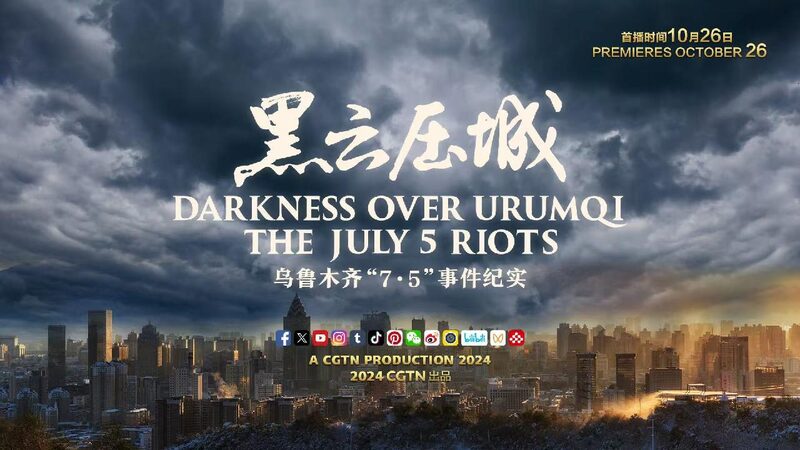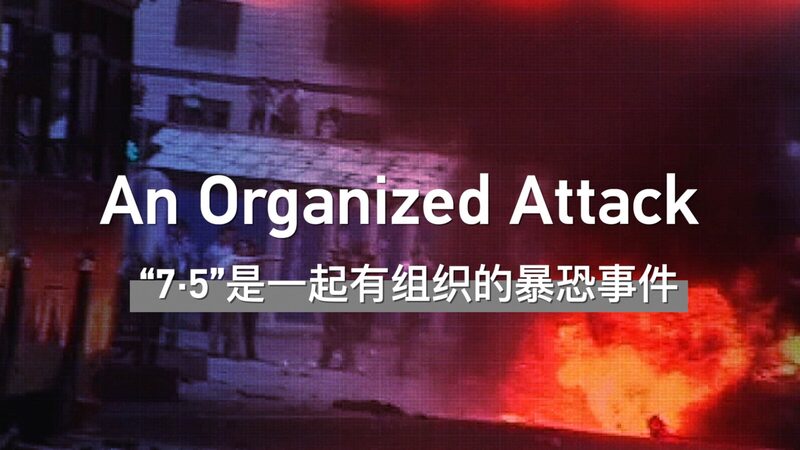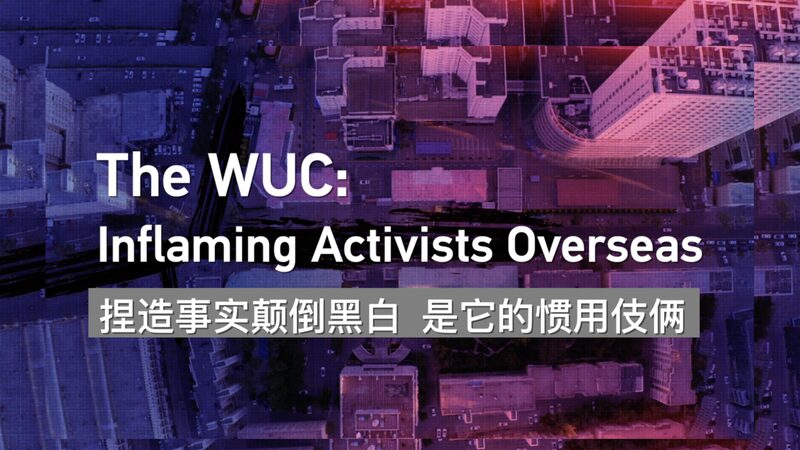Why revisit the past?
It’s been eight years since the last reported unrest in China’s Xinjiang region, yet a new documentary titled “Darkness Over Urumqi: The July 5 Riots” seeks to shed light on events that still echo today. The film delves into the tragic incidents of the July 5th Riots, the most severe turmoil to have struck Xinjiang, aiming to foster understanding and healing among affected communities.
The untold stories
The July 5th Riots were not only catastrophic due to the loss of life but also because of the lasting impact on the region’s social fabric. Many details remained undisclosed for years. Through extensive research and firsthand interviews, the documentary uncovers personal narratives that highlight the human side of the events. Professor Wang Jiang from the Institute of China’s Borderland Studies remarks, “In the face of such trauma, we need to look back and confront it. By understanding its true nature, we can prevent similar issues in the future.”
A turning point for Xinjiang
The riots marked a significant shift in how Xinjiang addresses security and community relations. Deputy Director Wang Fei of Urumqi’s Public Security Bureau notes, “The Xinjiang of today can be traced back to that July. 2009 was a dividing line for how the region would deal with unrest.” The documentary explores how the events reshaped policies and the collective mindset towards peace and stability.
Continuing the conversation
This film is the fifth installment in a series that chronicles the challenges and resilience of Xinjiang’s people. By bringing previously undisclosed information to light, it encourages open dialogue and a deeper understanding of the region’s journey. The documentary serves as a bridge between the past and the future, emphasizing the importance of unity and mutual respect among all ethnic groups.
Reference(s):
Confronting the Past: Director's Notes on "Darkness Over Urumqi"
cgtn.com








